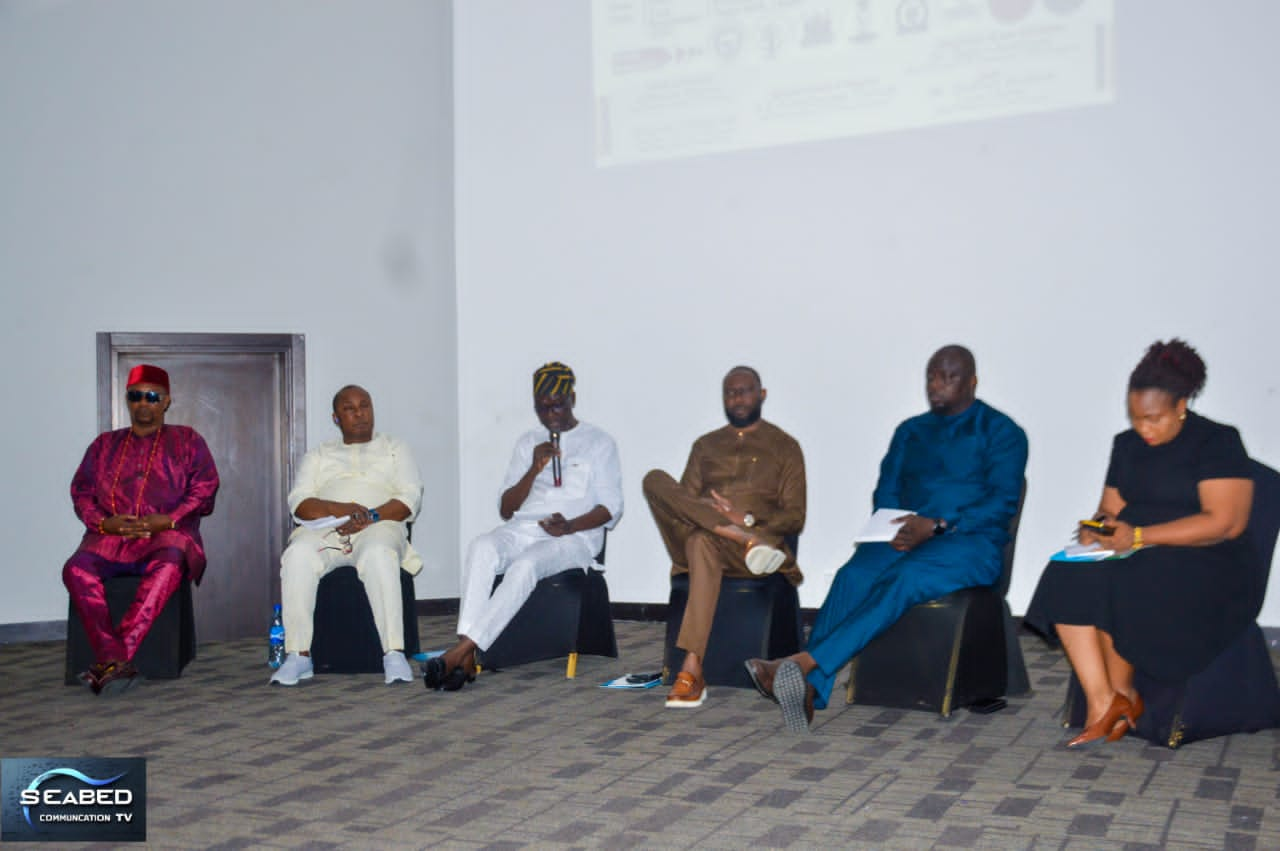
The Federal Government has reiterated its unwavering commitment to maximizing the opportunities presented by the African Continental Free Trade Area (AfCFTA), with the maritime sector positioned as a key driver of economic growth.
Speaking at the Maritime Reporters’ Association of Nigeria (MARAN) Annual Lecture in Lagos on Thursday, the Minister of Marine and Blue Economy, Adegboyega Oyetola, represented by his Chief Press Secretary, Ismail Omipidan, outlined strategic interventions aimed at dismantling trade barriers and fostering regional integration under AfCFTA.
Oyetola noted that the licensing of Export Processing Terminals (EPTs) by the Nigerian Ports Authority (NPA) is pivotal in fast-tracking export procedures, enhancing trade efficiency, and supporting the Guided Trade Initiative (GTI) of AfCFTA.
He emphasized that the successful implementation of AfCFTA requires robust investment in port infrastructure and the development of institutional capacities.
“In today’s interdependent and globalized world, efficient and cost-effective maritime transportation systems that link global supply chains are the engine that fuels economic development and prosperity,” he said.
Highlighting the significance of maritime transport as a strategic trade enabler, Oyetola referenced the UNCTAD statistic that 80% of global merchandise trade by volume is conducted by sea and handled by ports.
The Minister expressed optimism that ongoing reforms in the maritime sector, including port modernization and innovation-driven initiatives, are already yielding positive results.
He cited the top performance ratings of the Ministry and its agencies, including NPA and NIMASA, in the 120 Days Regulatory Reform Accelerator (RRA) conducted by the Presidential Enabling Business Environment Council (PEBEC). These strides, he stated, signify Nigeria’s readiness to unlock the vast potential of its maritime sector while promoting regional trade.
Calling for collaboration among stakeholders, Oyetola highlighted additional measures such as the establishment of inland dry ports and the integration of advanced IT systems to improve operational efficiency. He stressed that leveraging the opportunities offered by AfCFTA and the blue economy could propel Africa toward sustainable development and economic transformation.
Despite these optimistic projections, industry stakeholders at the event painted a mixed picture of Nigeria’s preparedness for AfCFTA.
Captain Anthony Onoharigho, Deputy Registrar of the Liberian Maritime Authority, underscored the critical role of transportation and logistics in achieving AfCFTA’s objectives. He lamented Nigeria’s logistical inefficiencies, particularly the inability to seamlessly transport goods within the country and across borders.
Similarly, Dr. Alban Igwe, a member of the United Nations Committee on Trade and Transport Location, argued that Nigeria risks falling behind other African blocs if it fails to dismantle barriers hindering its competitiveness. “Today’s conversation is a wake-up call for Nigeria, as the country is under a global threat while others are progressing,” Igwe warned.
Capt. Warredi Enisuoh, Executive Director of Tantita Security Services, urged manufacturers to leverage emerging opportunities such as a National Carbon Credit registry to maximize benefits under AfCFTA. Meanwhile, maritime security expert Emmanuel Maiguwa advocated for the removal of customs duties on vessel acquisition to boost Nigeria’s competitiveness in maritime trade.
Sola Adewunmi, President of the Nigerian Shipowners Association and chairman of the occasion, highlighted the financial losses resulting from inconsistent policies and inadequate funding. He called for incentivization to transform Nigeria into a formidable shipping nation.
Earlier, Mr Godfrey Bivbere, President of MARAN, reiterated the association’s commitment to fostering discussions that address the challenges of AfCFTA while leveraging its estimated $3.4 trillion trade opportunities. Bivbere emphasized that improving trade infrastructure, building capacity, and deploying technology are critical to raising intra-African trade from its current 10% to the projected 20%.















